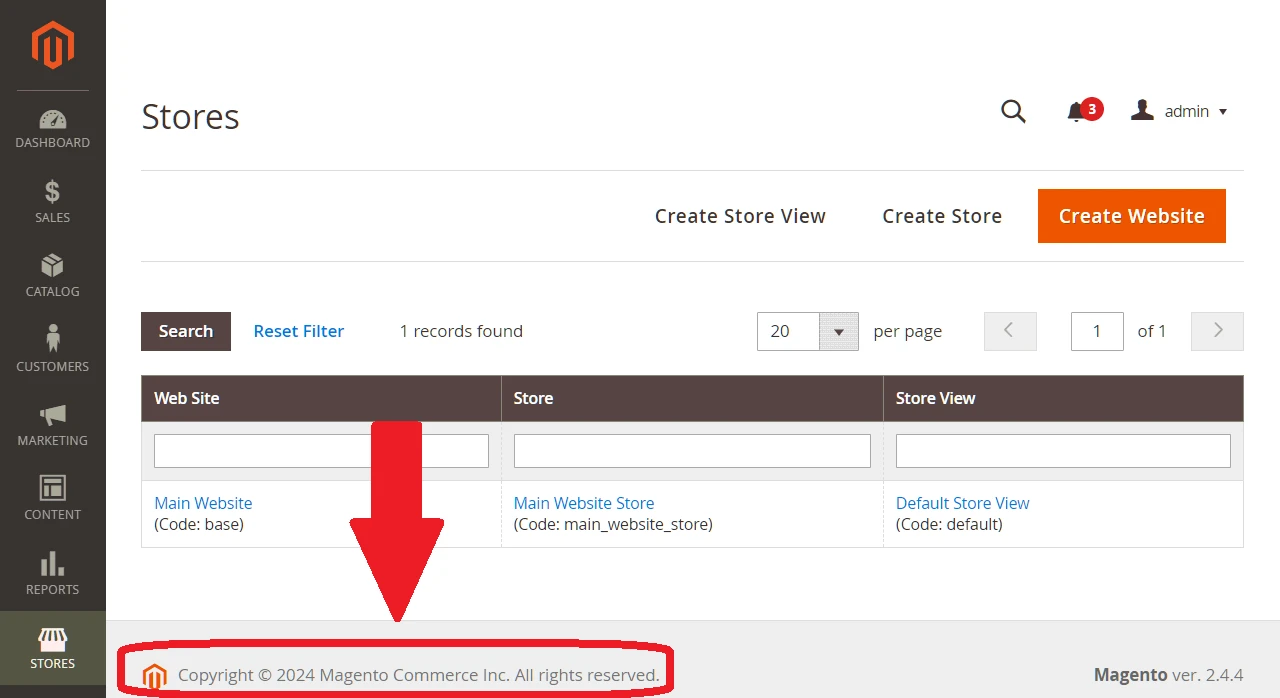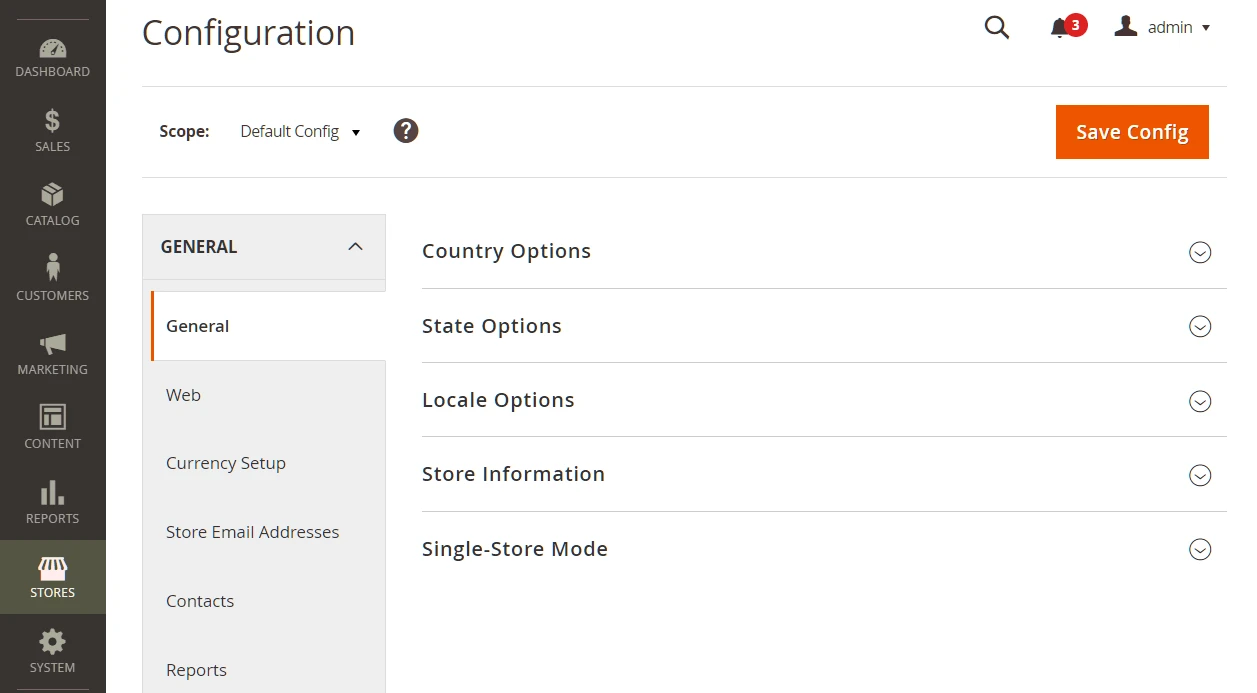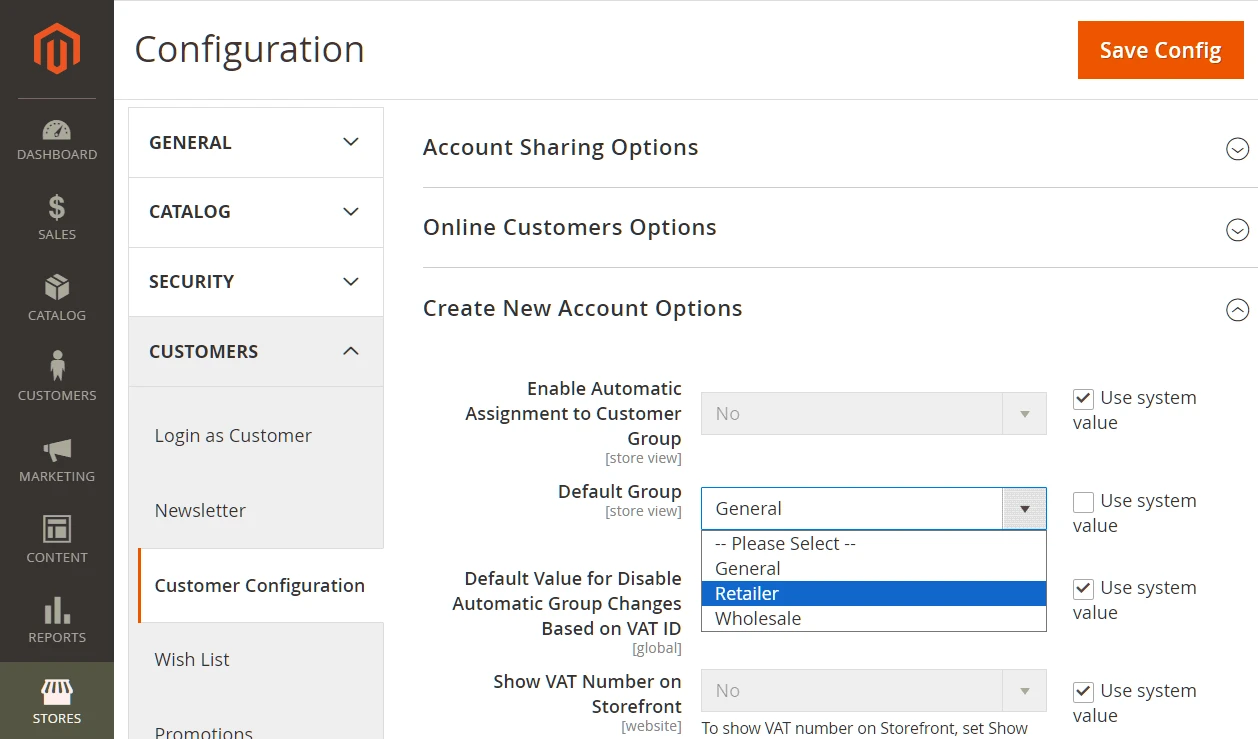Magento B2B Features: All the Information for 2024
Nowadays, in the fast-paced realm of online trade, B2B market players aim to stay in line with the most recent developments. Smooth user interaction, simplified processes, and efficient client administration are becoming industry standards rather than unique attributes. Luckily, the Magento B2B platform offers ready-to-use solutions for the B2B market.
To keep up with up-to-date e-commerce trends businesses need to customize various aspects of Magento B2B to their particular requirements. This platform hosts an amazing set of features to fulfill client’s needs, control transactions and stock, and ensure data security.
In this guide, we'll explore the latest essential functionalities of Magento B2B. This article covers valuable insights on adapting the platform’s features to your company’s needs and expanding commerce capabilities.
Introduction to Magento B2B
Magento B2B is a groundbreaking platform for enterprises engaged in B2B and wholesale transactions. Unlike regular platforms tailored mainly to B2C transactions, Magento B2B allows you to create complex pricing and catalogs tailored to various clients. You can implement different payment options, dive into detailed analytics, and integrate data with ERP and CRM systems. It's like a secret tool in your pocket that can help to navigate through the distinctive challenges of B2B commerce.
Plus, it assists companies in comprehending their customers' preferences and purchasing patterns. Interpreting this data helps to make informed decisions and utilize your key resources to drive up sales.
B2B vs B2C Markets
There are two main categories of e-commerce transactions: B2B and B2C. What exactly do they entail and how do they differ?

B2B Market
Abbreviation B2B means Business to Business. It involves one company trading with another enterprise. Typically, entrepreneurs have more complex billing and invoicing procedures, bulk and repetitive orders, and are oriented toward longer productive business relationships.
B2B clients usually demand:
- A simplified purchasing process;
- Trustworthy relationship with vendors;
- Transparent communication with sellers;
- Individual offers.
With the diversity of markets, it is crucial to bear in mind the distinctive commercial environment of each particular industry. B2B clients often want to purchase in large volumes and require advanced accounting. While several B2B operations are still performed with physical contracts, online ordering is taking over the wholesale market.
B2C Market
Abbreviation Business to Customer, these operations involve companies selling goods to individual clients. A typical B2C sale process involves customers looking up products online, adding them to a cart, and choosing payment preferences along with shipping methods. Hence, the seller does not need to create any individual catalogs or implement individual invoicing. B2C sales usually have smaller order volumes and thus require different marketing approaches to increase sales.
Here are summarized features of B2B and B2C operations:
B2B:
- Clients: Another company
- Pricing: Individual for each client
- Quantity of merchandise: Bigger volumes, repetitive purchases
- Market Scale: Often a specific market
- Partnership horizon: Long
- Purchasing Cycle: Long
B2C:
- Clients: End-user/Consumer
- Pricing: Equal prices for everyone
- Quantity of merchandise: Small quantities
- Market Scale: Wide market
- Partnership horizon: Short
- Purchasing Cycle: Short
Magento Open Source or Magento Commerce?

Adobe, the owner of the Magento platform, is phasing ut the Magento brand. For example, Magento Commerce was renamed into Adobe Commerce. The article uses the old Magento Commerce name for the sake of searchability since Adobe itself continues to mark the platform as Adobe Commerce (Magento).
Magento Open Source
Successful B2B sales require a reliable website to present the catalog and offers. Businesses want to ensure smooth operations and adjust to the ever-changing market by customizing various offerings.
Magento Open Source is the solution that fits the bill. By utilizing it, sellers can design an online storefront, catalog their products, and organize ordering and billing processes. Simply put, you can receive an open-source code as the basis for constructing your website. This code is available to you at no cost, and once your platform is complete, you can incorporate additional pre-built features.
But here is a catch: you need a skilled developer to utilize open-source code and design a website. If your company does not have a tech team to dive into coding details, we would suggest using the Magento Commerce platform.
Magento Commerce
Magento B2B Commerce is included in the extensive Adobe Commerce package. It’s an all-inclusive solution that comes with web hosting, strong security service, customization options, and support.
Bigger companies looking for advanced Magento B2B functionality should oversee the premium Adobe Commerce plan. Tailored for large businesses, it provides additional support for B2B operations.
Key Magento B2B Features

Multiple Accounts for A Single Client
While B2C-oriented companies are oriented on stimulating the end-users to buy a product, B2B operations often require communication with different company managers and representatives. Hence, all these users must be grouped under one client account. With Magento B2B, clients can create different user profiles and assign their roles under one company account.
First, you need to create a client account for a company. Then, the client can access the dashboard and create different profiles for their representatives with different levels of access.

Tailored Catalogs and Price Structures
A powerful client account system is one of the most interesting attributes of the Magento B2B platform. You can inspect client profiles, and set or recall different permissions to authorize access to specific promotions or product catalogs.
Notably, using the Shared Catalog feature, you can present numerous product categories to your customers: a public catalog accessible to anyone visiting your digital storefront, and a special catalog designated for your long-term partners, offering special quotations. This functionality allows sellers to access broader markets and deliver tailored promotional quotes.
Sophisticated Analytics
The Magento B2B dashboard offers tools to learn how individual clients behave, what they like, and what they buy. Businesses can use this information to adjust product offerings, tailor individual prices, and develop promo plans wisely.
Data Breach Protection
Magento B2B prioritizes enhanced security, offering fortified access control and secure authentication. Administrators can set permissions for selected employees to view any important information and perform critical actions. Security features allow businesses to protect valuable data from breaches and leaks. Hence becoming a top-priority security aspect.
Diverse Payment Options
Magento B2B accommodates diverse payment methods. Your clients can choose the most convenient option: credit cards, online gateways, purchase orders, or invoicing. This versatility allows companies to provide numerous payment preferences, a smooth experience, and augment overall client satisfaction.
Delayed Payments
If you use the Magento 2.4 version, you can offer your customers a postponed payment option. This functionality comes standard with Magento B2B, so you don’t need to install any new extensions. Additionally, merchants have the option to establish account-specific restrictions and oversee client transaction history.
Within B2B Magento, you can designate a repayment balance for each client, so they can pay for their order offline. Upon repayment, you can manually add all the details to the client’s profile. The platform will adjust the balance and transaction history.
Simplified Purchases and Quotations
In Magento B2B you can choose not to show your prices and offer a new customer to send you a request for quotation. You can hide prices for specific products in your catalog or from customer groups. Buyers will be able to leave a quote request, so your managers can provide the best offer according to the client’s needs.
Magento B2B facilitates a streamlined purchasing process, price negotiations, and purchase orders. With these features you can navigate complex sales processes productively, reducing mistakes and improving operational efficacy.
Inventory Automation
With Magento B2B businesses can automate stock tracking processes to increase operations efficiency. The automatic reorder feature will help you to ensure that all products are in stock on time. It allows companies to maintain inventory balances and mitigate the risk of stockouts. Hence, prioritizing fundamental business goals.
Enhanced Search Functionality
If you want to provide a seamless user experience, you have to make sure your website has a high loading speed and search features. However, Magento's default search function may not always meet your expectations regarding speed and accuracy. No worries, it can be easily improved!
The B2B platform offers extensive caching of product pages and catalogs on the server, which aids in optimizing on-site search. This enhancement can boost loading speed and enhance user experience.
Seamless Integration Capabilities
Magento B2B can be easily integrated with ERP and CRM systems, along with other applications, leveraging APIs and extensions. This integration provides streamlined operations and enhances efficiency by automating data exchange across disparate systems.
Frequently asked questions about Magento B2B
What is Magento B2B?
Magento B2B is an eCommerce platform tailored specifically for business-to-business sales. On this platform, you can provide individual quotations for each client, manage wholesale orders, analyze customer behavior, and automate inventory operations. It helps companies to maintain efficient communication with clients and provide seamless customer experience.
Is Magento good for B2B?
Yes, Magento is a great platform for B2B operations. It has all essential features designed to meet the unique needs of B2B transactions, like managing accounts, handling wholesale orders, and offering customized catalogs. It simplifies operations and provides a great client experience to your buyers.
How much does Magento B2B cost?
The platform offers different pricing plans tailored to your company’s size and unique needs. Typically, the price includes fees for licensing, hosting, customization, and any extra functions or support services you might require. It's best to contact Magento directly or visit their website to get accurate pricing information.
What are Magento B2B features?
Essential Magento B2B features include:
- Client Account Management: You can control who has access to the products, set up different levels of access for different customers, and review transaction history.
- Wholesale: With Magento B2B your clients can easily place large orders without extra hassle. Instead of adding each item to the cart individually, they can upload a spreadsheet or enter the quantities directly into the system.
- Personalized Catalogs: You can create individualized catalogs for various customer groups. You can include different products, adjust prices, and add promotions to individual clients or groups.
- Custom Pricing: With Magento B2B you can set different prices for individual customers. They can offer promotional prices based on order size, loyalty, or other factors, and even negotiate prices directly with customers.
- Simple Purchasing Process: Magento B2B simplifies the buying process for customers by offering features like quick reorders, saved shopping carts, and flexible payment options.
- Advanced Analytics: You can analyze customer behavior, and transactions, and measure the effectiveness of marketing campaigns. This data helps them make informed decisions and improve their overall business strategy.
These are just a few examples of how Magento B2B can help businesses thrive in the B2B market.
What are the benefits of Magento B2B?
Magento B2B offers several benefits for B2B market players. Here are some of the main advantages:
- Customization: This platform allows businesses to customize their operations to meet their unique needs. You can create personalized catalogs, set custom pricing for different customers, and tailor the purchasing process to fit the workflow.
- Scalability: Magento B2B is highly scalable, meaning it can expand as your business grows. Whether you're a small company or a large enterprise, Magento B2B can handle your needs and accommodate increased traffic and sales volumes over time.
- Streamlined Operations: With features like bulk ordering, quick reorder, and flexible payment options, Magento B2B helps businesses streamline their operations and make the buying process more efficient for their customers.
- Enhanced Customer Experience: Magento B2B offers tools for managing customer accounts, providing personalized product recommendations, and offering fast and reliable customer support. This helps businesses improve the overall customer experience and build long-term relationships with their clients.
- Advanced Analytics: Magento B2B provides businesses with valuable insights into customer behavior, sales trends, and marketing performance. By analyzing this data, businesses can make informed decisions, optimize their strategies, and drive growth.
- Security: Magento B2B prioritizes security, offering robust measures to protect customer data, prevent fraud, and secure transactions. This gives businesses and their customers peace of mind knowing that their sensitive information is safe and secure.
To Summarise
In this guide, we provided a detailed review of the Magento B2B features available in 2024. It highlights how this platform is designed to keep up with the unique challenges and requirements of B2B trade. The features discussed include advanced analytics for understanding customer behavior, inventory management tools for efficient stock tracking, streamlined purchasing workflows, customizable catalogs, and integration capabilities with other business systems like ERP and CRM. The article emphasizes how leveraging these features can help companies optimize their sales processes, enhance security, and improve overall efficiency in the competitive B2B e-commerce market.
